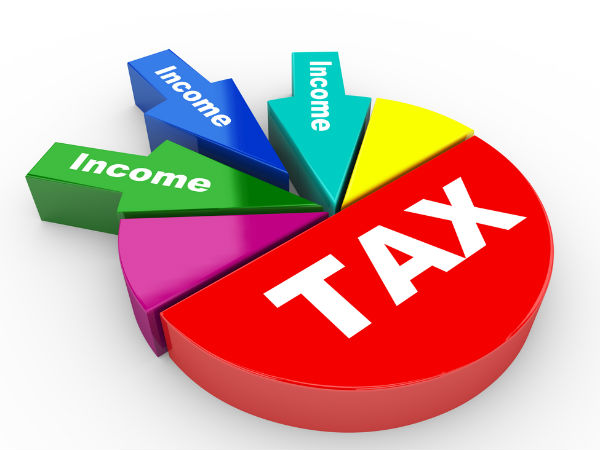Budget 2017: Income Tax incentives likely to offset demonetisation pain

The Indian economy was growing at a rapid pace, with a GDP growth of around 7.6%, and with the introduction of GST was expected to grow at even a faster rate. Just when everything was looking great for the economy it was struck by the demonetisation shock. Though the move was great for combating black money, it has caused significant liquidity issues in the economy. However, every cloud has a silver lining and the pain of demonetisation may be addressed by the finance minister in the Budget through a host of tax incentives to both individuals and corporates.
Tax payout
With inconvenience caused to the common man by demonetisation, many are expecting the government to increase tax exemption from R2.5 lakh to R4 lakh. There may also be a change in the point at which 30% tax rate kicks in, which may be increased from R10 lakh to R12 lakh. Currently, less than 3% of the population files income tax returns and a higher tax exemption slab and a reduced tax rate may encourage more people to file their tax returns.
Section 80C has a maximum limit of R1,50,000 and most of the investments come under this bracket. The FM may revisit and increase the limit up to R2,00,000. This would also encourage individuals to save more and contribute towards the economy.
Incentives for digital payments
There has been serious efforts by the government to encourage people to move towards a cashless economy ever since the launch of the demonetisation exercise. Following this, in Budget 2017, the government may announce a string of measures to take India on the path of a cashless economy. Incentives may be given to merchants for promoting use of plastic money and income tax benefits could be offered to those making payments electronically.
Capital gains
In December-end the markets were in a tizzy after Prime Minister Narendra Moddi said that “those who profit from financial markets much make a fair contribution to nation building through taxes”. This statement lead to apprehensions that the government plans to announce long term capital gains on sale of shares. Clearly, the government wants to raise taxes on income generated by market.
Even though the finance minister denied plans to tax long-term capital gains, the government could take other routes to raise taxes from the market. Some of the routes which the government may explore could be raising the Securities Transaction Tax (STT) and extending tenure of long-term capital gains tax.
In fact, STT was first introduced in 2004 and is applied to all market participants irrespective of the volume. Currently the same is levied at 0.0125%. Currently, any sale of securities beyond one year is exempt from tax. The government may increase such tenure to three years. It could also raise short-term capital gains tax. Short-term capital gains of listed securities is taxed @15%. The same could be raised to 20% in the Budget.
It is also expected that the government may increase tax on goods such as cigarettes, alcohol, luxurious goods, etc. The only question how much shall be its impact on our cost of living. We also have a new player on the block—GST, and we should surely get more clarity on its rollout, which will have a direct impact on our cost of living.
Source: financialexpress




